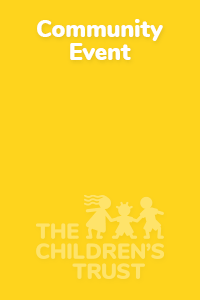

Organization:
OLCDC
Event Description:
We aim to help educate youth - particularly youth of color, and those in low to moderate income communities - learn about financial literacy. We are talking goal setting, scholarships and more! Invite a child whom you know could benefit from this class.
Content for the Youth Financial Empowerment Program includes, but is not limited to the following topics:
- Goal Setting
- Money Management
- Financial Products & Services
- Financial Aid & Scholarships
- Avoiding Student Debt
- Investing
During counseling, youth participants will receive a comprehensive work plan which includes a budget, spending plan, credit counseling, and additional resources that may be available for low-to-moderate income families.
According to the U.S. Department of the Treasury, individuals who receive personal finance education have higher rates of savings, make bigger contributions to their retirement accounts, and have a higher net worth. By educating youth about smart money management, we hope to improve the economic stability in under resourced and economically disadvantaged communities.
Our goal is to improve the financial behaviors of low to moderate income families in our community by empowering them with the knowledge to improve their financial wealth. We want to arm youth with the knowledge they need to start off their financial lives on the right path, which will one day allow them to become homeowners, save for college, become business owners, or retain long-term employment.
Our Youth Financial Empowerment Program is a year long program which aims to educate and motivate youth/students about financial literacy. In short, we want them to make smart money decisions.
In order to measure success, we will conduct a pre- and post-assessment of participants’ financial literacy skills. The assessment measures their financial literacy knowledge as well are their current financial standing.
By the end of the program, our expected outcomes are that the youth participants will:
- Set financial goals and align financial behaviors and resources to reach goal
- Maximize sources of income through jobs, careers, entrepreneurship
- Track spending and make smart spending decisions
- Select and use credit appropriately
- Plan ahead and save for the future
- Have adequate assets and financial risk protection
Within the year, we anticipate reaching 300 youth to participate in the curriculum which is divided into six (6) segments, and we anticipate at least 30% of students will reach a particular goal through education and counseling. Through continuous counseling, OLCDC will measure the progress of participants such as minimum to no student debt, credit scores, and financial products and services.
Event Details
10:00AM to 12:00PM
